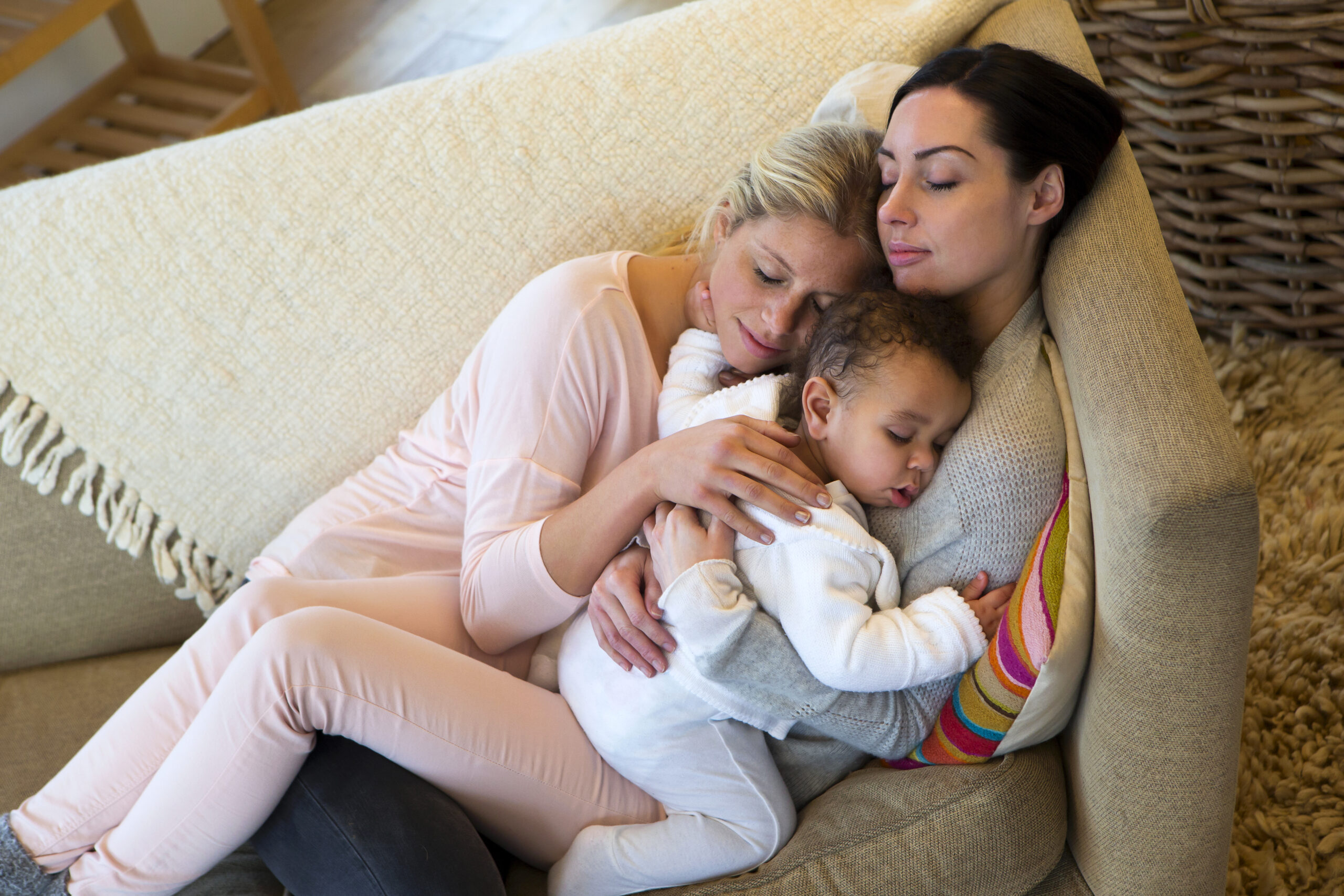
Unfortunately, babies will get sick multiple times a year. Similar to adults, illness can be disruptive to a child’s sleep and lead to sleep that is not very restorative. You may find that your little one requires a significant amount of help falling and staying asleep while sick. This is normal, even a mild illness can cause frequent night wakings due to congestion, coughing or a sore throat.
Through an illness, it may be necessary to offer extra comfort and support with sleep. You may even have to offer some extra feedings over night. All of this is appropriate!! Although, new associations may be formed as a result of the extra comfort provided, you can get back on track once your little one is healthy.
How to manage sleep during illness:
Step 1: If your child can be comfortable, they will require less intervention on your part and therefore less likely to create new sleep associations. Discuss with your paediatrician whether it is appropriate or not to provide your child with acetaminophen, ibuprofen or a different medication to alleviate discomfort during sleep.
Step 2: Optimize the sleep environment. It should remain cool, dark and quiet. Consider a humidifier if your child is coughing. If you have a toddler/preschooler, keep tissues and water close by to them overnight. If you are worried about your little one and don’t want to leave them alone at night, bring a mattress into their room! This will help keep their environment constant and will be easier to help them get back on track when they are better. Please do whatever you feel is necessary to take care of your child. You can always focus on healthy sleep habits after.
Step 3: Maintain their bedtime routine. The more you can stay consistent with routines, the easier it will be to get back on track afterwards. Don’t be afraid to offer some extra comfort and cuddles at bedtime (and overnight!).
Step 4: Prepare yourself for night time wake ups. Your little one genuinely does not feel well. Make sure you respond right away to their cries so you can attend to their needs. You may need to provide fluids over-night, this is okay. Should you start to offer the breast or bottle again, focus on awake feeds and plan to put your little one back in their crib awake to they can drift back to sleep independently. It is possible that a habit forms with the reintroduction of feeds overnight, get back on track once you little one is healthy again.
Step 5: Extra daytime sleep may be required. As your child recovers they may need some extra sleep to help fight off their illness. It is okay to let naps run slightly longer, especially if nights are disrupted. Continue with nap time routines and put your child down for naps as your usually do. If daytime sleep is a big struggle, have a supported or “on the go” nap to ensure they get the rest they need! Ensure to offer plenty of fluids and opportunity to eat frequently.
Remember, managing illness is never easy with kids, so be kind to yourself. It is very normal for sleep to backslide a little. Don’t worry. Start over with the encouragement of independent sleep skills once they are healthy.
If you feel stuck with sleep after illness, you are not alone. I am here to help! Book a free discovery call so we can speak about your unique situation and discuss how I can help you and your child get back on track.
